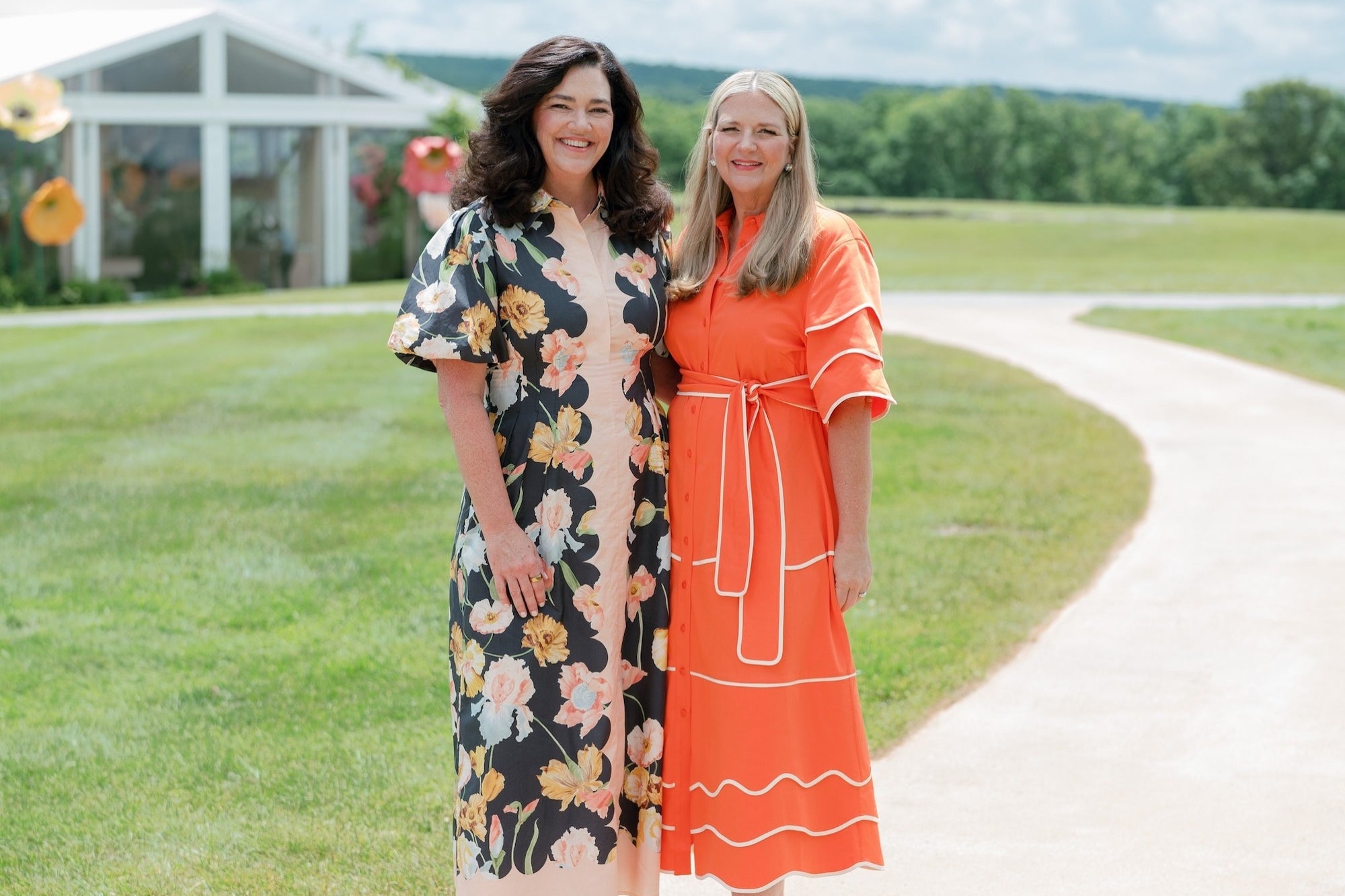Do You Need "Money Rehab"? Finance Expert Nicole Lapin Says Yes Finance expert Nicole Lapin's new daily podcast, "Money Rehab", explores people's dangerous money habits
By Jason Feifer

When you think of reasons to go to rehab, you usually think about drugs, alcohol, or other forms of addition. But… should there be rehab for money?
New York Times best-selling finance expert Nicole Lapin says yes — and it's the theme of her new daily podcast, Money Rehab with Nicole Lapin, which just debuted on iHeartMedia. The way she sees it, financial problems need to be taken just as seriously as any others, but people are often not equipped with the tools and know-how to solve it themselves. She wants her new podcast to be like a daily dose of financial therapy, as she addresses listeners' trickiest questions and speaks to experts who can illuminate the darkest corners of financial despair.
Lapin is the author of the best-selling books Rich Bitch, Boss Bitch, and Becoming Super Woman, and was previously an anchor on CNN and CNBC. (Full disclosure: She's also a close friend, and we co-hosted the podcast Hush Money together.) Here, Lapin explains why many people could use a trip through money rehab — and why she's willing to share her personal money woes first.
"Rehab" is a loaded word, which people don't usually associate it with finances. Why do you think people need money rehab?
Well, we can have just as dangerous of habits with money. We all have money problems and the only ones that can't be fixed are the ones you don't admit you have. So, that's the first step to any recovery, a money one notwithstanding.
The first step in a 12-step program is admitting you have a problem. How hard is it for people to admit they have a money problem?
We will talk about anything and everything before we talk about money. People think talking about sex or politics is taboo. No way! That stuff is easy. Money is one of the only taboos we have left. The way to fix that is talking about it, of course. But it's not that easy. No one wants to go first. That's why I follow the "I'll show you mine, if you show me yours" approach when talking about money. If someone has to go first in order to fix this taboo, which will ultimately fix people's money problems, then let it be me.
You're known for being a financial expert. I think people might be surprised to know your finances were once a disaster.
I've had all the money problems. I've been broke, in debt, living paycheck-to-paycheck. I've messed up every way you can possibly think of with my finances and in business. I am an immigrant's daughter so the only education I had around money growing up was with green cash. And forget about it...none of us learns this stuff in school. I didn't even know what mortgage was until after college. I am the least likely person to be able to grow wealth myself much less teach people about it. I put myself through my own "money rehab," although it wasn't called that at the time, and got myself to the other side, making more money than I ever imagined possible and becoming the least likely person to become an expert in it for other people.
Your Money Rehab podcast is the first daily money show on iHeartMedia, and it comes at a time when many people are still picking up the pieces from their pandemic-related financial disasters. Where did the concept for this show come from?
I didn't get my own personal finances together in order to make a show; I did it to stay alive. I did it out of necessity to get out of the fiery mess or debt and bad money habits. But now that I'm out of that fire, I just want to bring buckets of water back for those still trapped in the flames, so to speak. I want others to have a cheat code that I wish I had so that they don't take as long as I did to get to the other side. I hope that by being really honest about my mistakes and straight-up about how personal finances work, I can help others do it faster than I did and not make the same mistakes.
How do you plan to do that?
The format of the show is call-in, answering audience questions. I will also invite listeners on the show for financial interventions. I'll also interview financial insiders, like an IRS auditor and debt collector, for their confessions and juiciest secrets. This will show others who are scared and intimidated about money that first: they are not alone. And second: oftentimes we suffer more in imagination than in reality. Confronting these topics, that terrorize us in our own minds, makes them less scary.
"Money Rehab with Nicole Lapin" launches on April 5, 2021. You can download the show on the iHeartRadio app or wherever you get your favorite shows.











